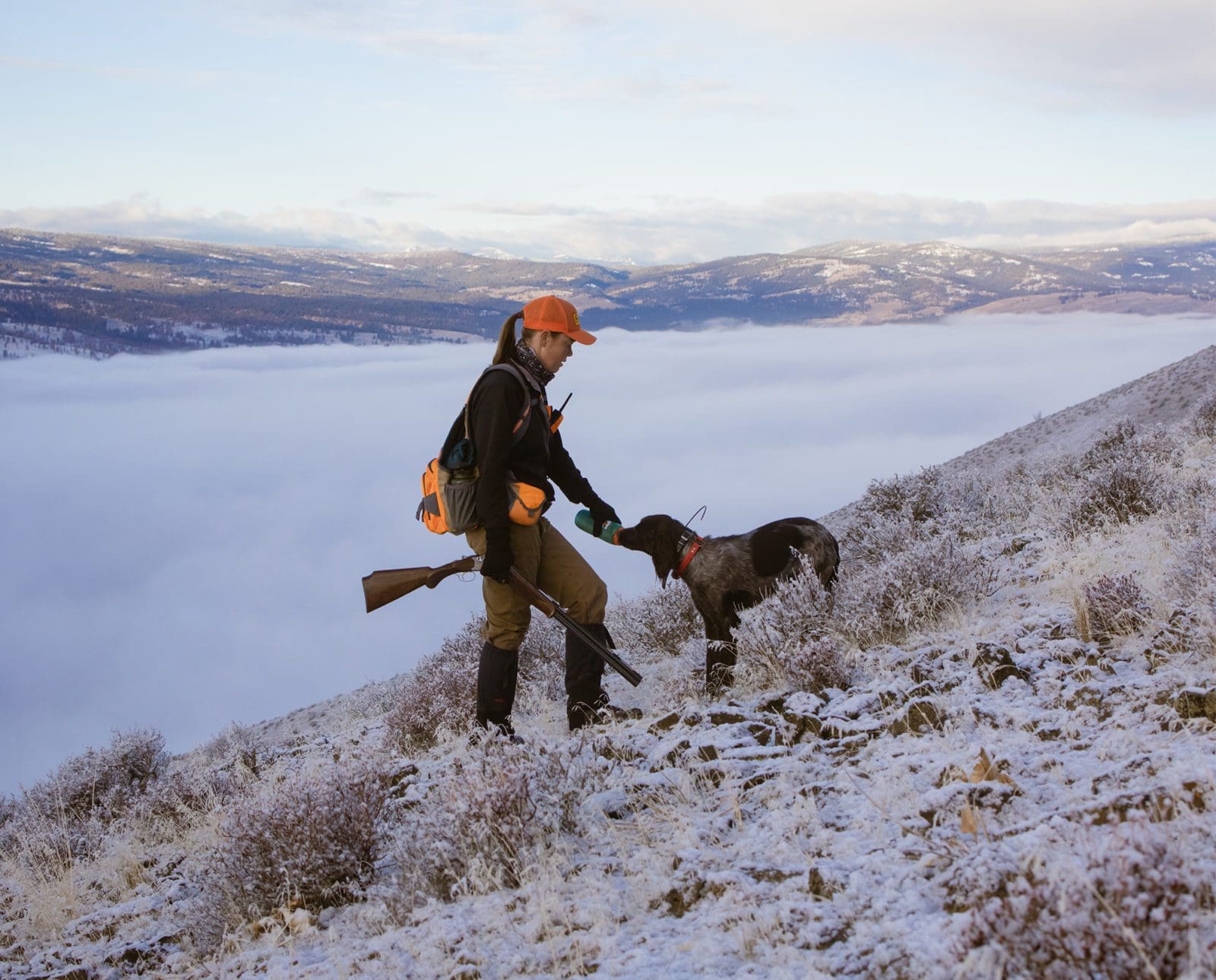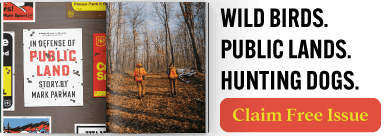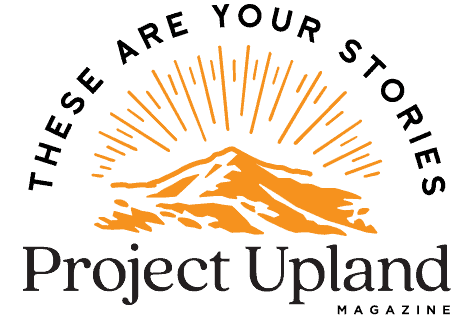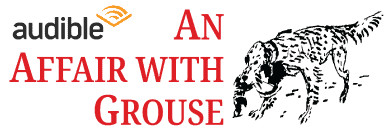Home » Hunting Culture » Addressing Ethics in Upland Hunting
Addressing Ethics in Upland Hunting

Jennifer Wapenski is the Director of Operations and Managing Partner…
Meaningful conversations about ethics are a critical piece of hunter education and growth
“The coveys are small and the birds are flushing like pen-raised birds,” the phone call said. “They only flew about 30 yards and I didn’t have the heart to chase them.”
Listen to more articles on Apple | Google | Spotify | Audible
What had started as another great chukar hunting season for us turned quickly when our favorite spots got blanketed in an unusual amount of snow and, worse, a thick crust of ice. My friend had called to let us know that our plans to get together didn’t seem like such a great idea anymore.
Another friend and veteran bird hunter made similar comments.
“I think our season might be over; the birds are really stressed with the ice and they’re going to have a hard enough time surviving without the added stress of being hunted.”
READ: Etiquette in Public Land Chukar Hunting
It certainly wasn’t the news I wanted to hear. I haven’t hunted long enough to appreciate the weather cycles and how one season can be so out of the norm. Last year was our best season yet—we invested a ton of time in the field and started to enjoy some regular success—and I held a lot of hope that this season would be even better. I didn’t expect it to end with a resounding thud, six weeks early, with plenty of goals left unmet.
Taking responsibility for individual choices
When we canceled our hunting trip, the season was very much open and it was entirely legal to go shoot birds. It may have been overkill to call it off with nothing more than a gut feel from a couple of veterans. But these are hunters who have seen decades’ worth of hunting seasons come and go, with a wide variance in winter survival and spring hatch rates over the years. I trusted their instinct completely.
The premature end of our upland bird season was yet another learning experience for me, especially around the question of ethics in upland bird hunting. The law may be black and white, but ethics live in the gray space found in between. Just because you can do something doesn’t necessarily mean that you should—and one person’s view won’t necessarily match another’s.
Sarah Garrison, a small game specialist for the Washington Department of Fish and Wildlife, offered some insight into making the call when the weather turns bad.
“That’s a situation where it is up to the hunter to determine what they individually consider ethical and fair chase,” Garrison said. “One of the tenets of the hunter’s code of conduct is to, ‘Learn more about the habits and habitats of game and non-game wildlife and their management needs.’ By better understanding the biology and ecology of a species, hunters can make more informed decisions to define ‘fair chase’ for themselves. Under catastrophic conditions where populations might be at risk, WDFW can issue an emergency rule change to close a season or area.”
The role state agencies play in hunting ethics
Garrison went on to explain how regulations and ethics coexist within the WDFW’s approach to managing wildlife.
“Hunting regulations necessarily provide the sideboards for take and chase,” she said. “Within those sideboards, ethics also play a role in the rule-making process. For example, as technology advances, we are constantly re-assessing what constitutes fair chase. Public input during the rule-making process is critical for hunters and non-hunters to show where they draw the line so that regulation can be set appropriately. Ethics are constantly evolving at both the individual and societal level, so public input allows managers to keep a finger on the pulse when recommending regulations.”
Like many other state agencies, the WDFW offers public resources to address the topic of ethics in hunting and other outdoor recreation. The Hunter’s Code of Conduct is a good starting point for thinking about how safety and respect factor into hunting ethics. This code is taught in required hunter’s education courses for new hunters but is worth revisiting for experienced hunters, too. Additionally, the state’s game management plans factor in hunter ethics, behavior, and issues of fair chase when setting long-term strategies for wildlife.
Teaching and sharing ethics in upland hunting
It doesn’t matter where you hunt or what species you target—there are solid ethical questions and debates in every area. These can range from self-imposed bag limits in sensitive areas to voluntary lead bans. Like Garrison pointed out, state and federal agencies set the laws and rules that govern our seasons, bag limits, and other regulations, but the ethical questions are ultimately up to individual hunters.
I’m grateful for the mentorship of others when it comes to the how and where of hunting, but I’m especially thankful for the meaningful conversations we’ve had around ethics. These conversations allow me to see myself as a part of the ecosystem, not an outside visitor. I urge anyone who is mentoring a newer hunter to engage in these conversations. You don’t need to have all the answers, but your willingness to discuss these gray areas will go a long way in the growth and maturity of a new hunter.
Yet, to get the hunting community to unanimously unite around certain viewpoints or to legislate ethics into existence, that’s neither realistic nor productive. I believe it’s the discussion that matters—the meaningful discourse whereby hunters consider the impacts of their actions on the larger environment and reflect on those impacts within the community. We may come to different conclusions after reviewing the same set of facts, and that’s OK. It’s the conscious acknowledgment of the issues that define an important step toward becoming a more responsible community.
Jennifer Wapenski is the Director of Operations and Managing Partner at Project Upland Media Group. She has a lifelong passion for the outdoors, dogs, and wildlife; as an adult, she discovered that upland bird and waterfowl hunting were natural extensions of these interests. What started as initial curiosity soon escalated into a life-changing pursuit of conservation, advocacy, and education. Jennifer serves in a variety of roles such as the Breed Warden for the Deutsch Langhaar—Gruppe Nordamerika breed club and on an advisory committee for the Washington Department of Fish and Wildlife.




As a 45 year veteran Washington chukar hunter, I, too, ended my season early. The conditions this season almost exactly mirrored the winters of 1992 and 1996, which catastrophically reduced the chukar, hun, and quail populations of central Washington and Oregon. I applaud your decision to listen to your veteran mentors and take the condition of the habitat and the birds into account.
On the flip side, an argument can be made that the birds are dying anyway (I’ve found frozen dead birds in the field, especially in ’96) and better that the numbers be reduced before they all freeze to death or starve. I prefer to think that by not stressing them further, maybe a few more of them will survive.
When you get to the point of being a outdoorsman/woman and understand the difference between hunting and killing…….you have the definition of a conservationist IMO. This summer was brutal on partridge in my favorite areas and I chose to focus on other things. Unfortunately, some cannot help themselves.
Love your comment about knowing the difference between hunting and killing. That sums up ethics.